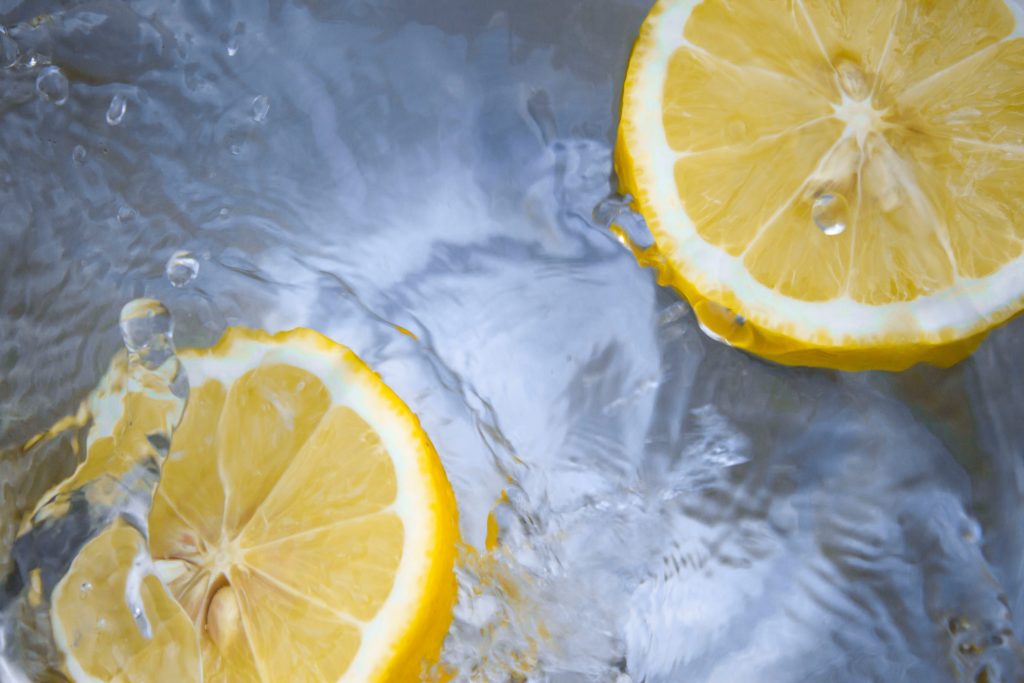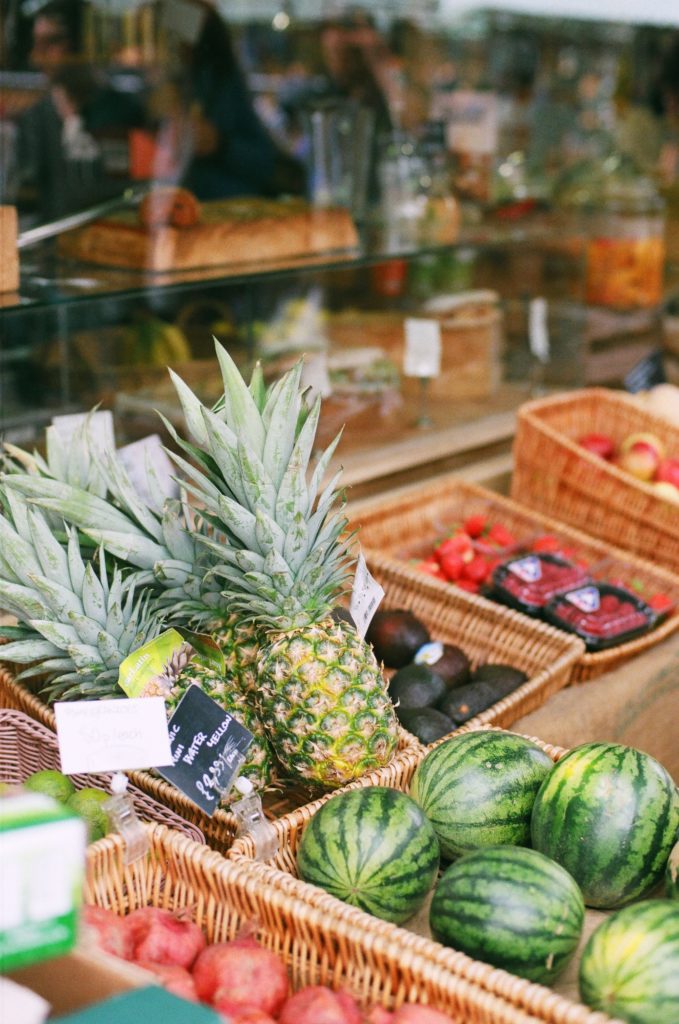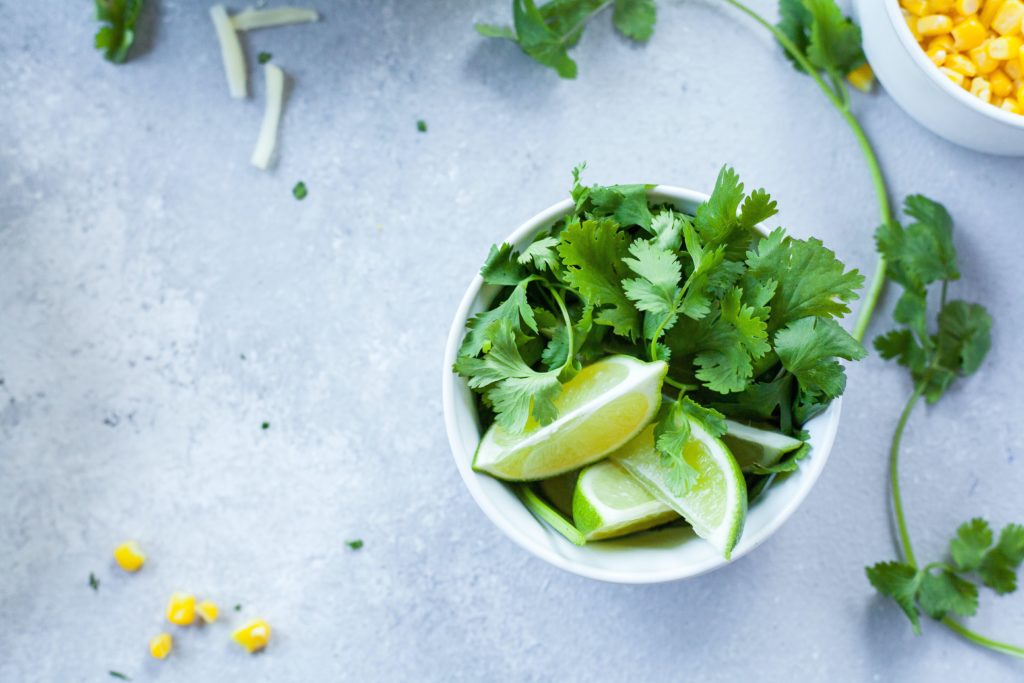How to Support your Immune System
September 24, 2020

As we move into autumn, we all want to ensure that our immune systems are working efficiently. And there has clearly never been a more important time to support our body’s defences than prior to the second, winter wave of coronavirus.
When lockdown was announced in March, there was an unprecedented amount of concern about what we could do to keep our immune systems resilient. While this was, of course, entirely understandable – it led to a flurry of misconceptions and unfounded ‘immune-boosting’ solutions. People are always looking for quick fixes but there’s no single thing we should be doing, or not doing. (You also don’t actually want to ‘boost’ your immune system but keep it in balance; an overactive immune system can lead to autoimmune diseases where your body mistakenly recognises harmless cells as threats.)
There are some valuable diet and lifestyle changes that we can make though, that can nourish our bodies and help us to be as prepared as possible to deal with any colds or coronaviruses that come our way …
Nutrition tips:

Include brightly coloured fruits and vegetables in every meal:
‘Eating the rainbow’ will ensure that you’re consuming a wide range of micronutrients, particularly vitamin A and vitamin C – antioxidants that are key for immune function. For vitamin A: increase your intake of sweet potatoes, squash, carrots and broccoli. And for vitamin C: focus on peppers, radishes, broccoli, kale, brussel sprouts, citrus fruits and berries.
Increase foods that are rich in zinc:
Zinc is another essential nutrient for immunity that can specifically prevent viruses from entering our respiratory system. Animal food sources include beef, lamb and eggs (choose organic, if possible) and plant-based sources include tofu, lentils, chickpeas and pumpkin seeds.
Incorporate probiotic foods:
70-80% of your immune cells reside in your gut, so your gut bacteria play a vital role in protecting you from harmful pathogens. Probiotic rich foods include natural yoghurt (check it says ‘contains live cultures’), sauerkraut, kefir, kombucha, miso and sourdough.
Watch your sugar, caffeine and alcohol intake:
The usual offenders all reduce your body’s defence mechanisms and make you more prone to infection. Try to swap processed sugary foods for fresh fruit or some dark chocolate, aim to have a minimum of five alcohol-free days a week and try to gradually reduce your coffees to one a day maximum.

Lifestyle tips:
Stress less:
Stress has a detrimental impact on the immune system via over-production of the hormone, cortisol. Deep-breathing exercises, walks in nature, mindfulness/meditation apps and magnesium baths can all calm the nervous system, and therefore support immune health.
Sleep better:
Insufficient and poor quality sleep are linked to higher levels of inflammation which reduce our body’s ability to launch effective immune responses. When we are overtired, we’re also more likely to turn to sugar/caffeine/alcohol, neglect exercise and generally feel more anxious/stressed – all of which will worsen our immune function. Small changes like establishing a regular sleep pattern and practising deep-breathing exercises before going to bed can really help.
Supplement tips:
Consider vitamin D
From October to March in the UK, sunlight doesn’t contain enough UVB radiation for our skin to be able to synthesise vitamin D. You can get vitamin D from some foods (such as oily fish and eggs) but it’s tricky to get enough from food alone. We know that the nutrient supports our immune response and recent research has found significant correlation between vitamin D insufficiency and COVID-19 severity.
It’s best to speak directly to a nutritionist or other health professional to confirm the right dose for you as it is possible to take too much, but the NHS now advises that we consider taking 10 micrograms a day during winter months.
I hope these tips help. Remember that even if you’re doing some of these things, some of the time – that’s better than not at all. If you’d like to enquire about nutrition and supplement advice that is specifically tailored to you, please do send me an email.
Stay well!
Lara
© 2020 lagom by lara . all rights reserved. privacy policy . site credits
about
Private appointments
recipes
contact